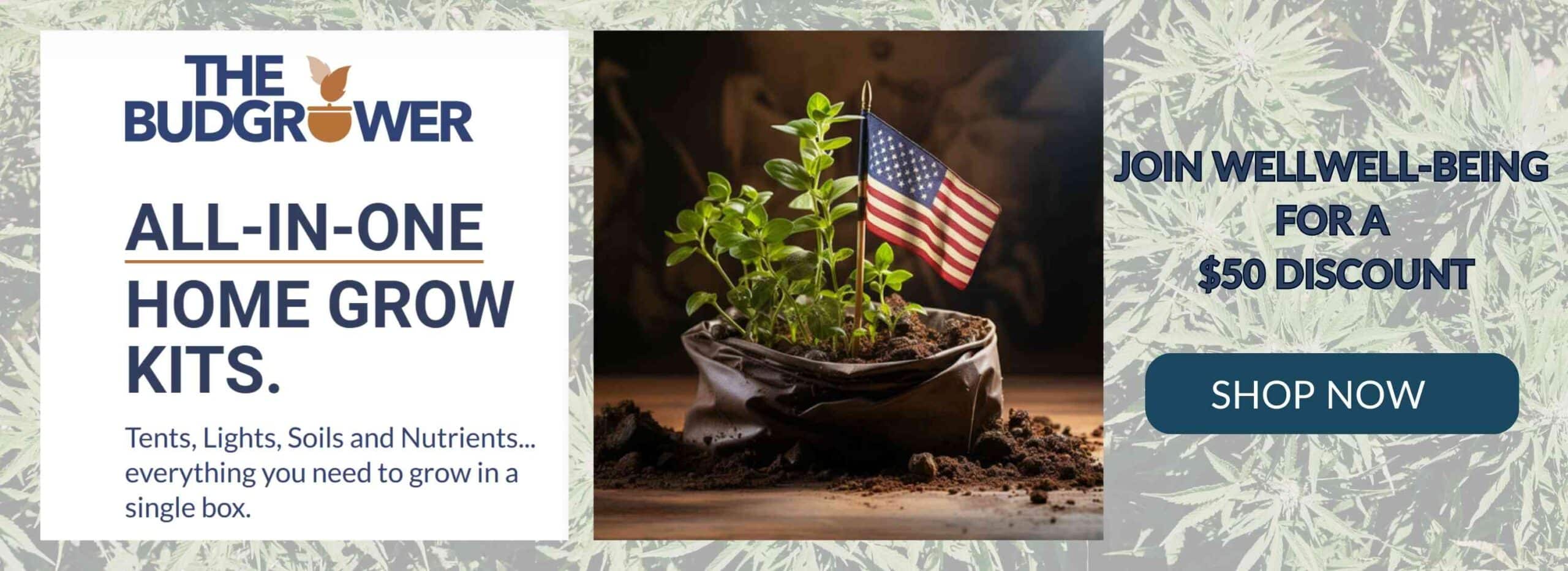By Sean Zucker –
Surprising new research suggests that Generation Z is not only struggling to make friends but also to keep them. The findings come on the heels of other alarming reports regarding widespread loneliness in the U.S. across all ages and the mental damage it’s causing to citizens.
Researchers led by Janice McCabe, an assistant professor of sociology at Dartmouth College, examined Gen Z’s ability to make friends and subsequently keep them. The study classified a person into the generation if they were born between the years of 1997 and 2012. Specifically, the research team analyzed the friendship networks of 67 Gen Z students once enrolled at an anonymous large and public four-year university. The college is located in the midwestern United States and is referred to only as “MU”.
“We see ourselves through our friends so we see and figure out the kind of person we are through thinking about and talking about our friends,” McCabe explained in a comment to the BBC.
McCabe and her team used social media techniques as indicators of friendship creation, sustainability and strength. Friendship networks were then placed in one of three categories: tight-knitters, compartmentalizers and samplers. Tight-knitters were defined as individuals with one densely woven friendship group in which nearly all their friends are friends with one another, while samplers make a friend or two and rarely stay connected to them. Compartmentalizers were classified by forming two to four small networks where friends know each other within these clusters but rarely across them.
Each of the 67 students was interviewed in 2016 while studying at the university and again five years after. The aim was to determine which friendship grouping they fell into during each stage. The results found that after five years compartmentalizers mostly remained compartmentalizers and tight-knitters generally stayed tight-knitters. However, the samplers often become tight-knitters.
What may be more important, however, is that the vast majority of these friendships didn’t survive through the five-year period. In fact, only about 25 percent of friends involved in the study remained intact by the second interview.
McCabe points to a common adversary of lingering physical and mental health as a possible cause for the massive drop-off. “Making new friends was really tough during the pandemic so networks across the board were shrinking,” she explained.
The Dartmouth study comes a few months after the U.S. Surgeon General Vivek Murthy officially declared loneliness an epidemic, filled with potential health consequences. Loneliness is much worse than purely a bad feeling because it is associated with increased risk of cardiovascular disease, dementia, stroke, depression, anxiety and premature death, Murthy warned.
“The mortality impact of being socially disconnected is similar to that caused by smoking up to 15 cigarettes a day and even greater than that associated with obesity and physical inactivity,” he said. At a societal level, he added, the lack of social connection can negatively impact schools, workplaces and civic organizations as performance, productivity and engagement can be diminished.
Gen Z appears, perhaps for a variety of reasons, to be suffering the most. In fact, the healthcare company Cigna Group recently released a survey in which eight out of ten Gen Zers reported feeling isolated—which was more than twice the rate of the senior citizens queried.
The Mayo Clinic underscored the critical importance of maintaining strong friendships in terms of increasing an individual’s sense of belonging and purpose while equally improving their self-confidence and self-worth. It can also help people cope with personal trauma incited by events such as divorce, illness, job loss or the death of a loved one. This is on top of a friendship’s ability to reduce stress, encourage healthier lifestyle choices and boost happiness overall, the clinic added.













